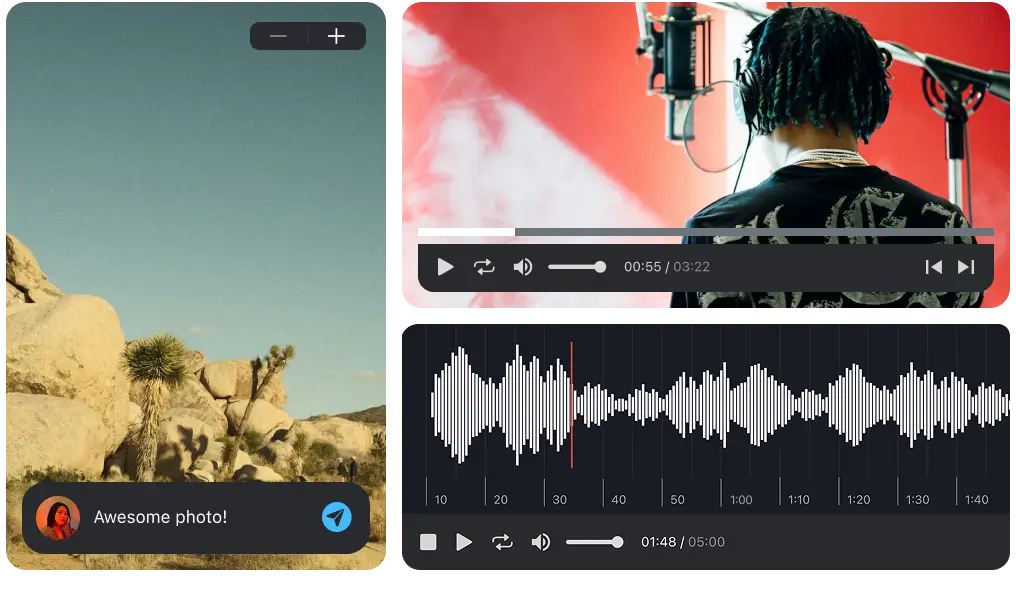What is a film composer?
A film composer is a musician who specializes in creating original scores for movies. In the world of cinema, the visual storytelling often takes center stage, but behind every memorable scene lies another crucial element: music.
The essence of a film composer
Film composers are the unsung heroes who create the soundscapes that enhance the emotional depth and narrative of a movie. This role is not merely about writing catchy tunes; it involves a deep understanding of storytelling, character development, and the emotional nuances that music can convey.
Collaboration with directors and producers
One of the primary responsibilities of a film composer is to collaborate with the film's director and producers. This partnership is essential for translating the director's vision into a musical language. During initial meetings, the composer may discuss the film's themes, tone, and specific scenes that require musical emphasis.
This collaboration often involves multiple iterations of the score, with directors providing feedback in specialized tools like Pibox and composers making adjustments to ensure that the music enhances the film's narrative. The process can be highly collaborative, with composers sometimes participating in discussions about the film's pacing and emotional arcs.
Easier, faster way to collaborate in real-time, collect feedback, manage reviews, share, and finish your projects effortlessly.
Understanding the film’s narrative
A successful film score is intricately tied to the film’s narrative. Composers must analyze the script and understand the characters’ motivations, conflicts, and transformations. This understanding allows them to create motifs or themes that represent specific characters or ideas, weaving these elements throughout the score to create a cohesive auditory experience.
For instance, in a dramatic scene, a composer might choose to use a minor key to evoke feelings of tension or sadness, while a triumphant moment might be underscored with a major key. This careful consideration of musical elements can significantly enhance the audience's emotional response to the story.
The impact of music in film
Music plays a vital role in shaping the viewer's experience of a film. It can heighten tension, evoke nostalgia, or provide relief during moments of levity. A well-crafted score not only supports the narrative but also becomes an integral part of the film's identity.
Creating emotional resonance
One of the most powerful aspects of a film score is its ability to evoke emotions. Composers use various techniques, such as dynamics, tempo, and instrumentation, to create a specific emotional atmosphere. For example, a slow, haunting melody might accompany a scene of loss, while a fast-paced, rhythmic score could underscore an action sequence.
These emotional cues guide the audience's reactions, subtly influencing how they perceive the characters and their journeys. A memorable score can linger in the minds of viewers long after the credits roll, becoming synonymous with the film itself.
Iconic film scores and their legacy
Throughout cinematic history, certain film scores have achieved iconic status, becoming cultural touchstones in their own right. Composers like John Williams, Hans Zimmer, and Ennio Morricone have created unforgettable themes that resonate with audiences worldwide.
For instance, the score for Star Wars, composed by John Williams, is instantly recognizable and has become a defining element of the franchise. Similarly, Hans Zimmer's work on Inception features a groundbreaking use of sound design and orchestration that has influenced countless films since its release.
The evolution of film composition
The role of the film composer has evolved significantly over the years, influenced by technological advancements and changing audience expectations. From the early days of silent films, where live music accompanied screenings, to the complex scores of today’s blockbusters, the landscape of film music continues to transform.
Technology and composition
Advancements in technology have revolutionized how composers create and produce music. Digital audio workstations allow for greater experimentation and flexibility, enabling composers to produce high-quality scores without the need for a full orchestra. This democratization of music production has opened doors for many emerging composers.
However, while technology has made it easier to create music, it has also introduced new challenges. The sheer volume of content being produced today means that composers must find ways to stand out in a crowded marketplace. This often requires a unique voice or style that resonates with both filmmakers and audiences.
Changing trends in film scoring
In recent years, there has been a noticeable shift towards more diverse musical influences in film scores. Composers are increasingly incorporating elements from various genres, including hip-hop, electronic, and world music, to create fresh and innovative soundscapes.
This trend reflects a broader cultural shift towards inclusivity and representation in the arts. As filmmakers seek to tell diverse stories, composers are responding by drawing from a wider range of musical traditions, enriching the cinematic experience for audiences.








